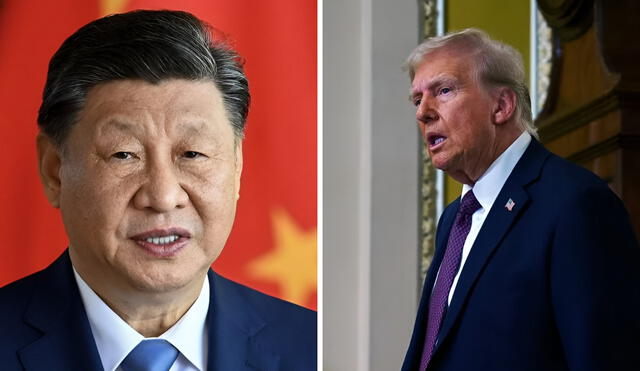China slams Trump’s tariffs as 'intimidation' and warns of retaliatory measures
Trump's new tariffs hit China hard, with global leaders voicing concern. What’s next for trade relations and the world economy? Find out the latest.

China strongly condemned the recent tariffs imposed by the United States under President Donald Trump, labeling them as unilateral and intimidating actions that violate international trade norms. The Chinese government urged the U.S. to immediately lift these tariffs and resolve trade disputes through "fair dialogue" instead of such measures.
U.S. tariff policy targets China and global trade, sparking widespread concern
The new U.S. tariff policy includes a 10% minimum tariff on all imports, with additional tariffs for countries with significant trade deficits. China is particularly impacted, facing a total tariff of 54% when additional tariffs are included on top of the previously set 20% rate. Moreover, the exemption for imports under $800 is also removed, affecting Chinese platforms like Temu, Shein, and Alibaba.
World leaders have expressed concern about these tariffs. Italian Prime Minister Giorgia Meloni called the tariffs "wrong," while British Prime Minister Keir Starmer acknowledged their economic impact but promised to act in favor of the UK. French and German officials have also raised concerns, while Canada, despite not being directly affected, faces other trade restrictions.
Political and economic divide: Support, concerns, and Trump's justification
In response, China has taken specific actions, including restrictions on U.S. companies linked to defense, investigations into firms like Google, and limitations on critical mineral exports. China has also taken both rounds of tariffs to the World Trade Organization, adopting a firm but calculated stance by applying retaliatory measures while seeking dialogue.
The Chinese government emphasized that the U.S. tariff measures threaten global economic stability and supply chains. China warned that in a trade war, there are no winners, and such actions could have negative consequences for both the U.S. and the global economy. However, China reiterated its preference for resolving disputes through dialogue and international cooperation.












